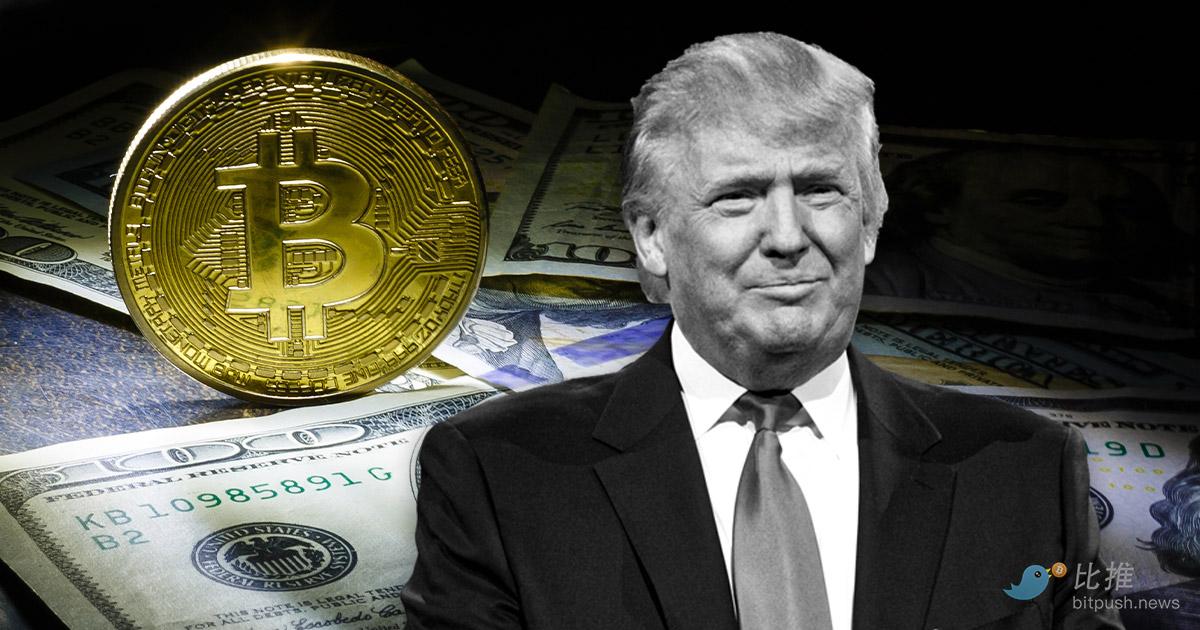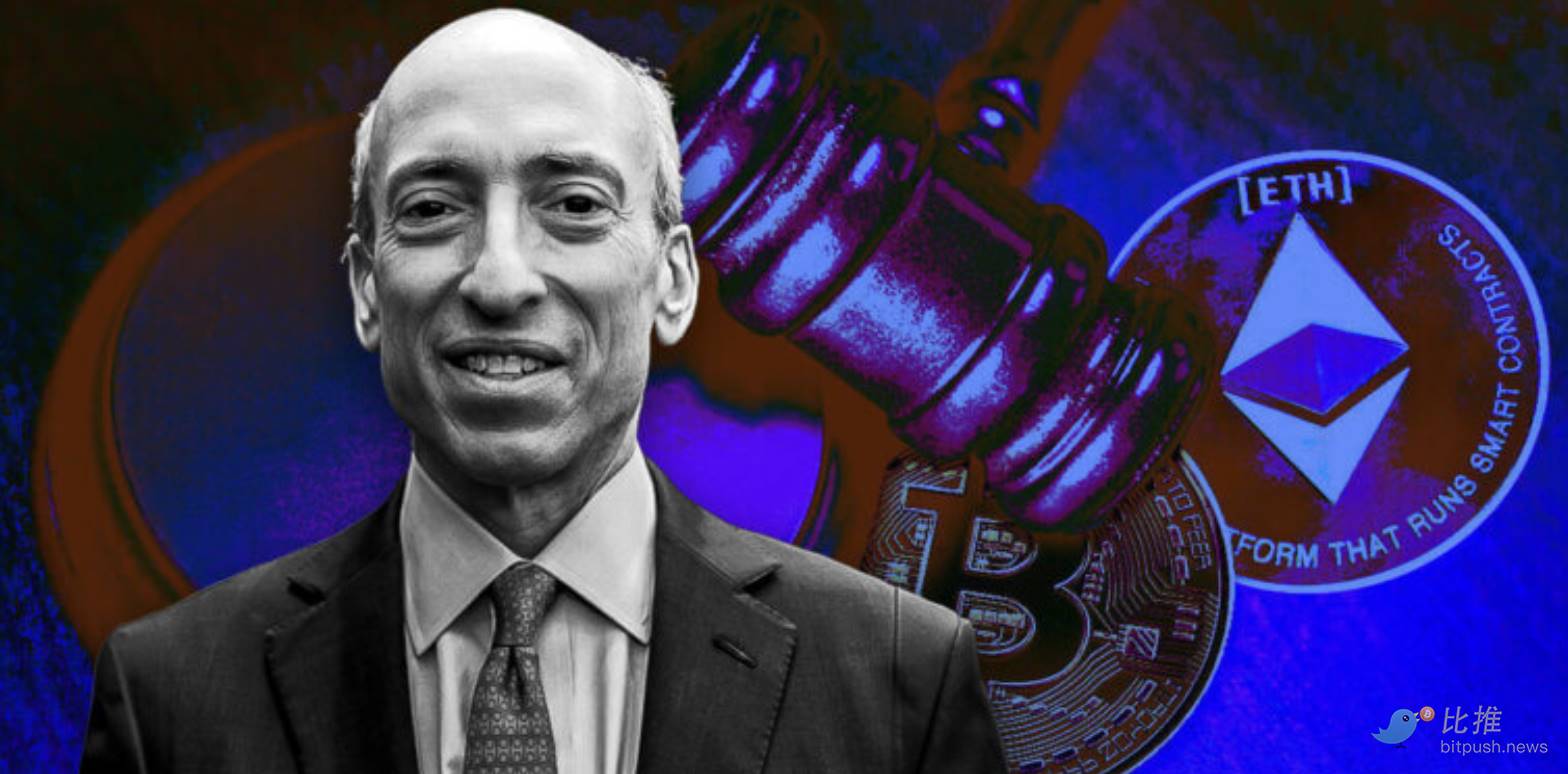Written by: Lincoln Murr, BitpushNews
The politicization of cryptocurrency has intensified as the presidential election approaches. Former US President Trump has led many pro-cryptocurrency statements, forcing Democrats to rush to please the tens of millions of cryptocurrency holders in the United States. Although Trump has pledged to become the "crypto president," many questions remain unanswered about his actual impact on the future of blockchain and cryptocurrency.

In the current election cycle, Trump is trying to win over a large number of single-issue voters, such as cryptocurrency voters, Silicon Valley tech workers, and ordinary Americans who believe in the mission and values of Bitcoin. In his speeches and the official Republican platform, he promised to never allow the creation of a central bank digital currency, reserve the right to self-custody assets, and defend the right to mine Bitcoin.
Trump also recently announced his vice presidential candidate as Ohio Senator JD Vance, who holds between $100,000 and $250,000 worth of Bitcoin, marking the first presidential candidate tandem in history to consist of Bitcoin holders. Trump also recently said that he believes JPMorgan Chase CEO Jamie Dimon, a staunch critic of Bitcoin, has "changed his tune a little bit." This is a huge shift in opinion, as Dimon has been calling Bitcoin a scam and a Ponzi scheme for years, but only time will tell if he has truly changed his stance or is simply trying to curry favor with the Trump administration, which could appoint him as U.S. Treasury Secretary.
Trump’s pro-crypto stance will culminate on July 27, when he takes the stage at the Bitcoin 2024 conference in Nashville before thousands of industry leaders and enthusiasts. Rumor has it that he will announce the creation of a U.S. Strategic Bitcoin Reserve in Nashville, though this has yet to be confirmed.
Four years ago, a presidential mention of Bitcoin or cryptocurrency would make front-page news. Now, it happens almost weekly and is slowly becoming a serious political issue. This in itself has a huge impact on the cryptocurrency market and is beginning to indicate a growing legitimization and acceptance of cryptocurrency among the public and lawmakers.
Although Trump's promises and beliefs seem very good for the cryptocurrency industry, the truth is much more complicated. Trump has a history of making promises but not fulfilling them, and in the worst case scenario, all his words may come to naught. Billionaire investor Mark Cuban believes that the benefits of Trump's presidency for Bitcoin are not his bullish attitude towards the asset, but the overall geopolitical instability, lower taxes and tariffs brought by the Trump administration will lead to increased demand and prices for Bitcoin.
Another issue to consider is the consequences of Trump’s promises being fulfilled. While self-custody, the right to mine, and no central bank digital currency are undoubtedly positive developments, these are rights that people already have today. Trump is not promising anything about cryptocurrency innovation, but simply preserving rights that all American cryptocurrency holders already enjoy.
Even if there are some hints that a Trump-led administration will take fewer legal actions against cryptocurrency companies and allow them to innovate in peace, the final word is far from certain. Especially since the term of SEC Chairman Gary Gensler, crypto’s public enemy number one, ends in 2026. While Trump can always replace him, pleasing the cryptocurrency industry is a far lower priority than dozens of other priorities.

What the industry really needs is a commitment to proper cryptocurrency regulation. Beyond preserving the rights of Bitcoin miners and custodians, we need clear rules, such as what constitutes a security, how tokens and protocols share governance and revenue with token holders, and how traditional institutions and financial entities can begin to use and interact with blockchain applications. These commitments are much more complex, but critical to the long-term success of cryptocurrency in the U.S. and around the world.
While a potential Trump presidency would be quite positive for Bitcoin, with some speculating that we could see $100,000 Bitcoin by the end of 2024 following his victory, the long-term outlook for the cryptocurrency industry remains relatively unchanged. Trump must first deliver on his promises and promote greater innovation in the blockchain space before he can truly be considered a “crypto” president.








